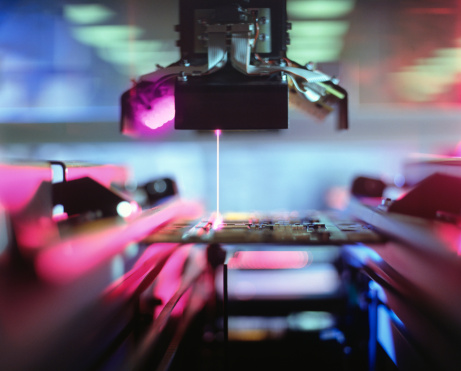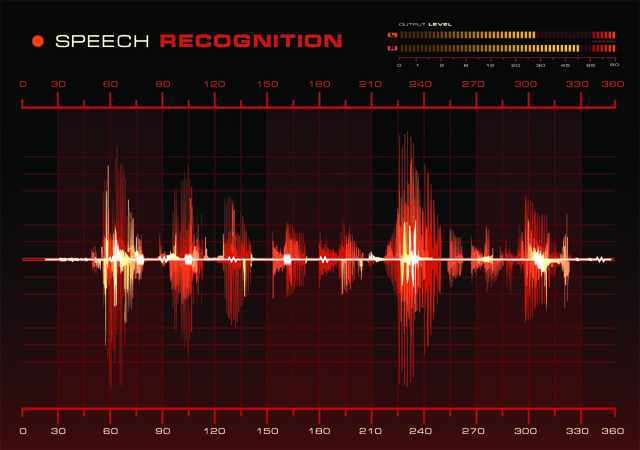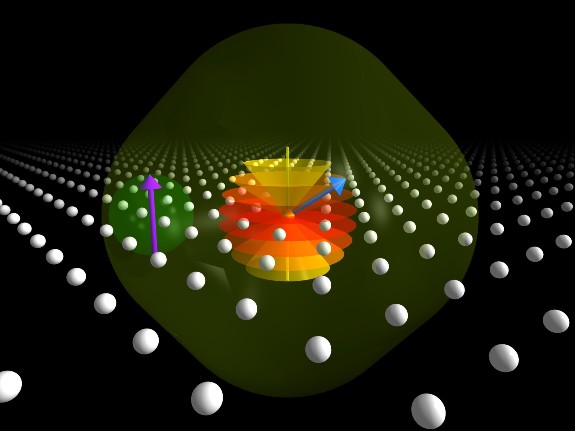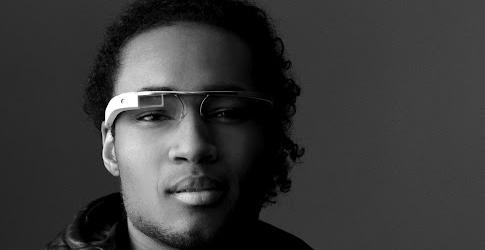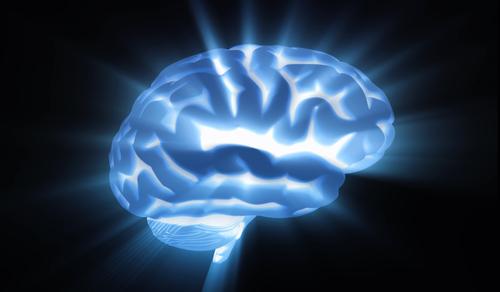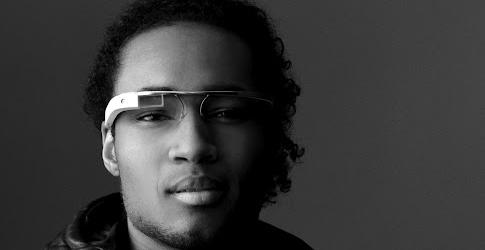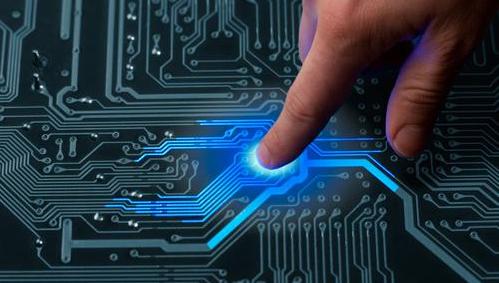Like most industries, the manufacturing sector is transforming rapidly. Because of recent technological advances and globalization, U.S. manufacturing is facing intense international competition, increasing market volatility and complexity, a declining […]
Search Results
You searched for: Computers
By uploading medical journals, clinical guidelines and patient records into Watson’s “brain,” physicians are working closely with IBM to usher in the next generation of computer-assisted medicine.
A team of scientists has come up with a way to make voice authentication simpler and, at the same time, much more secure.
Move over, Siri: Researchers at the University of Rochester have taken advantage of crowdsourcing technology to create a prototype of a personal assistant that’s comprised of quick opinions from actual people.
Numbers really are sexy. They are what will power our world for the foreseeable future. They are available like never before, and we know now how to use them wisely.
What’s the Big Idea? A few milestones in the short but storied history of machine translation: in 1939, Bell Labs presented the first speech synethesizing device, the Voder, at the World’s Fair in New York. […]
Some of the world’s top professional writers swear by software that makes the Internet inaccessible while they write. Is Internet access keeping you from more create enterprise?
By storing quantum data, or qubits, inside a specially-made diamond, researchers have made a technological breakthrough that should allow for a host of real-world quantum applications.
As a predictor of technological change, the little known Wright’s Law outperforms Moore’s Law, which famously (and mostly correctly) states that computer power doubles every 18 months.
New York, 1964. The World’s Fair is in full gear, as 50 million people make the trek to Queens to see what the future has in store. The exposition showcases […]
Google’s new glasses, which work like a hands-free smartphone, will continue to erase technological barriers to entering modern culture. Our storytelling ability stands to benefit greatly.
In John Maeda’s experience as an artist–turned–President of the Rhode Island School of Design, the ideal leader falls somewhere in between Lao Tzu and Father Knows Best.
MIT theoretical physicists are working to carry the structure of crystals, such as table salt, into the fourth dimension of time. The result could be a computer than runs infinitely into the future.
Have you ever sliced up a human brain? I’ll be honest: I’ve only done it once. I don’t remember much about it–it was a long time ago. But I recall […]
What’s the Big Idea? The goal of technology is to make itself disappear bit by bit. Most major innovations in consumer technology are measured by their ability to make existing […]
Physicists at the UK’s National Physics Laboratory have created a device which could be scaled to store numerous ion-based quantum bits, paving the way for a quantum computer microchip.
A British computational scientist has built a presentation reminiscent of Al Gore’s An Inconvenient Truth, this time showing the consequences of the Earth’s population boom.
This year’s winner of the Google Science Fair is 17 year-old Brittany Wenger, who has coded a cloud-based computer program to think like the human brain and locate malignant tumors.
Being connected to the Web gives each individual access to the sum of human knowledge, but our eagerness to rely on information networks is sapping us of the need to remember things.
IBM computer engineers are making progress toward a cognitive computational model by combining our current knowledge of neuroscience, supercomputing and nanotechnology.
You run the innovation playbook – a prophetic strategy, a product development obstacle course of a process, a portfolio management radar detection system and a wide array of eccentric creativity […]
New wearable devices like Google’s Project Glass and forthcoming smart watches will open community businesses by advertising directly to people who already like their products.
The military’s experimental research and development department and the National Institutes of Health will fund a project that mimics human organs on a single computer chip.
Every media producer will need an automation strategy in the next two years, say companies who have created software that crunches numeric data into print-worthy prose.
The technology to instantaneously track people through their computer and cell phone use is already widespread, but now the technology can predict where you’ll be tomorrow or next week.
The constant stimulation provided by our mobile devices activates the brain’s reward center, like cocaine, but also causes stress by never giving us a break from our responsibilities.
New computer software that pours over crime data is better than police officers at predicting where future crimes will occur. And giving the work to computers allows cops to stay on the street.
Relax, says Charles Duhigg, author of The Power of Habit. You can’t beat your Facebook addiction into submission – so schedule it into your work day.
In January Stanford President John Hennessy said in a Faculty Senate meeting that online education is a tsunami academia has to face. He added that “We want to get ahead […]
Scientists at the University of Pittsburgh have successfully coaxed semiconductor electrons into vacuum tubes, preventing nano-sized collisions that slow down computing speeds.
